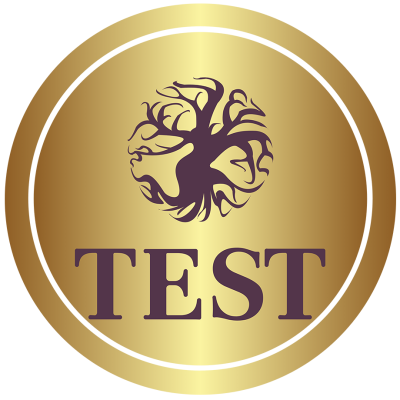Landscape surrounding Longido Mountain during prolonged drought. Photo credit: TEST
Tanzania’s natural ecosystems are shrinking, and pastoralists are struggling. Traditionally, indigenous peoples and local communities have used ecological knowledge to govern land use for all seasons and for a variety of uses. Their cultural practices allow lands to recover between seasons and pasture to be available throughout the year.

Today, however, the land governance system is confined to small villages, and there are numerous cases of land use and governance conflicts. Population growth, coupled with land fragmentation and climate change have reduced the quality and extent of pasturelands. This deterioration is exacerbated by a lack of clarity in governance mechanisms. As a result of these intersecting factors, there is a devastating loss of livestock and wildlife during the dry season or in droughts due to a lack of grass and water.
- Designing and implementing innovative ecosystem governance models that transcend boundaries of village systems in Tanzania to recognize connected cultural and geographical ecosystems and landscapes.
- Working with indigenous peoples and partners to provide wildlife conservation support, services and campaigns within their territories and ecosystems.
- Seeking to facilitate, in the longer term, the recognition and adoption of indigenous and local land management best practices by the wider scientific community and the integration of indigenous sustainable ecosystem conservation practices into official policy and school curricula.
- Preservation of Indigenous Knowledge
- Optimizing Solutions to Resolve Land Disputes in Longido District and Ngorongoro Conservation Area
- Co-developing data technology
